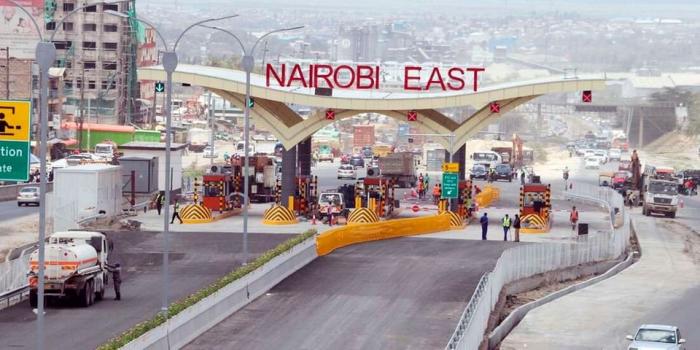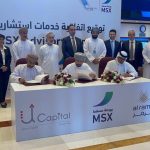David Ndii : Expressway Was Meant for Kenya's Elite – Kenyans.co.ke
UDA Economic Advisor David Ndii now claims that the Nairobi Expressway was not meant for the ordinary Kenyan but for the elite and the diplomatic community in the country.
Speaking during an interview on Spice FM on Monday, July 18, Dr Ndii alleged that he construction of the 27km highway was conceived to address concerns about traffic in Nairobi by diplomats.
He added that the plan was to able those attending international conferences to freely move from the JKIA to the areas in the city synonymous to hosting the envoys.
“There has been a lot of complains from the UN and the diplomatic community about the traffic gridlock between the airport and the blue zone – where the property wealth of the elite is concentrated,” he explained
The economist made sensational claims that the multi-billion Northlands project linked to the Kenyatta family was an extension of the blue zone and would also benefit from the Expressway.
“It is now expanded to join Thika Road and join up with Northlands. Its target market is to enable those who are attending conferences and those whom they want to sell Northlands to.
“The people who were making the decision want to increase the value of their properties by making Nairobi a bigger international hub,” he reiterated.
While stating that the roadway was from JKIA to Gigiri, he added that the relocation of the KTTC campus from the upmarket estate, was part of a plan to further expand the international enclave.
He stated that if the government really wanted to solve the traffic menace in the city for the common man, they would have constructed a metro or bus rapid transit system.
Ndii had given the expressway as an example to justify why the country’s economic model was capital concentrated and favoured those who had control of the capital – the elite.
He explained that it would be impossible to create mass employment opportunities in such an economy as those in power do not consider the opportunity costs of the project.
This results in a lot of money being invested to projects that create a minimal amount of jobs.
“Our capital is concentrated where it increases profits instead of where it creates jobs an income for the masses. It takes a minimum of Ksh1.18 million to create a formal manufacturing job while it takes between Ksh118,000 to Ksh236,000 in South Asia,” he stated.
Ndii added that the bottom-up economic model would change the trend by de-concentrating capital to provide the country with a larger economic base.












